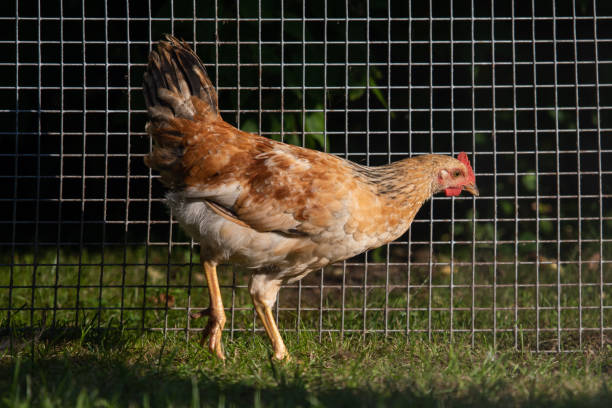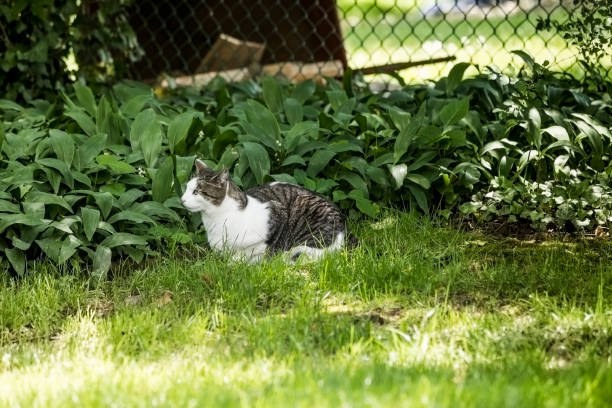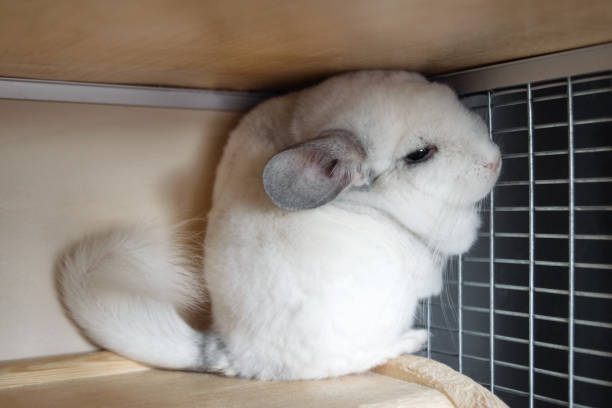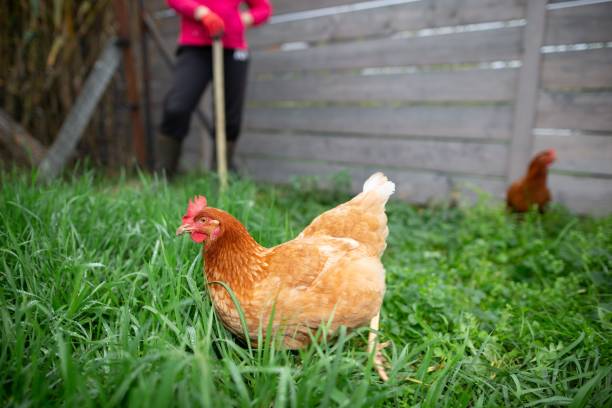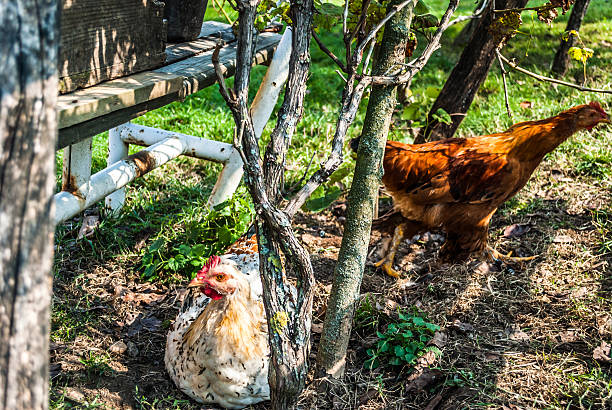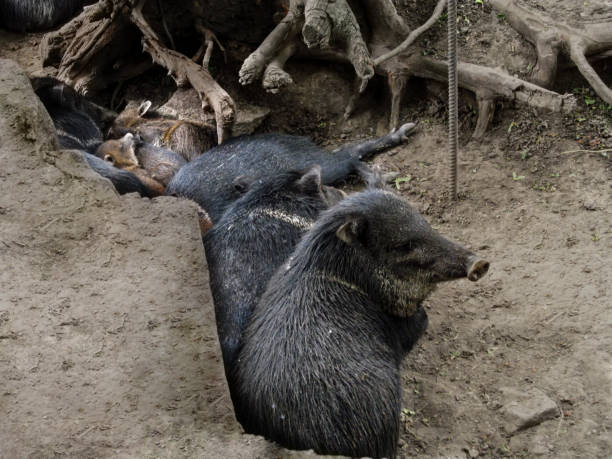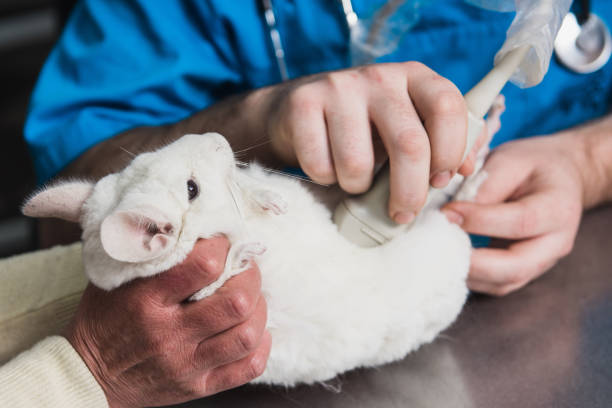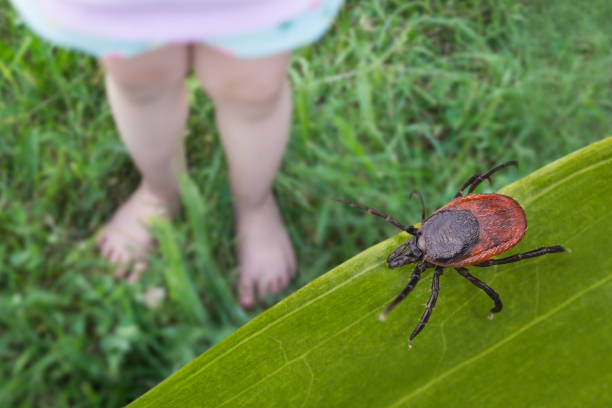Will Chickens Stay in a Fenced Yard?
This post contains affiliate links. This means I will make a commission at no extra cost to you should you click through and make a purchase. Read the full disclosure here.Chickens are fascinating creatures that can bring joy and numerous benefits to those who choose to raise them. However, a common concern among chicken owners is whether their feathered friends will stay within the confines of a fenced yard. In this article, we will explore the factors influencing chicken behavior, discuss ways to encourage chickens to stay within the boundaries, and provide helpful training techniques. By understanding these aspects, you can create a secure environment for your chickens and enjoy the advantages of keeping them in a fenced yard.
1. Introduction
Raising chickens in a fenced yard offers several advantages, including protection from predators, containment, and easy maintenance. However, chickens have natural instincts and social dynamics that may influence their behavior. It’s important to address these factors to ensure they stay within the designated area. Let’s delve into the benefits of keeping chickens in a fenced yard and understand how to encourage them to remain inside.
2. Benefits of Keeping Chickens in a Fenced Yard
2.1. Protection from Predators
One of the primary advantages of a fenced yard is the added protection it offers against predators. Chickens are vulnerable to various animals, including foxes, raccoons, and neighborhood dogs. A sturdy fence acts as a barrier, preventing these threats from gaining access to your flock. By confining your chickens to a fenced area, you minimize the risk of predation and keep them safe.
2.2. Containment and Safety
A fenced yard provides a secure space for your chickens to roam freely without the fear of them wandering off or encountering hazards. It ensures their safety by preventing them from straying into areas that may pose risks, such as busy roads or neighboring properties. Additionally, a contained yard allows you to keep a close eye on your chickens, making it easier to monitor their health and behavior.
2.3. Easy Maintenance
Maintaining a fenced yard is generally more manageable compared to free-range setups. With a designated area, you can concentrate your efforts on maintaining cleanliness, providing food and water, and addressing any specific needs of your flock. This focused approach simplifies daily care routines and promotes a healthier living environment for your chickens.
3. Factors Influencing Chicken Behavior
Understanding the factors that influence chicken behavior is crucial for creating an environment where they will be content to stay within the fenced yard.
3.1. Natural Instincts
Chickens have inherited instincts that drive their behavior. They are naturally inclined to explore, forage, and establish territories. By acknowledging and accommodating these instincts, you can encourage their satisfaction within the fenced yard.
3.2. Social Hierarchy
Establishing a social hierarchy is an essential aspect of chicken behavior. Pecking orders and the need for social interaction can influence their tendency to wander. By ensuring a balanced social structure within the flock, you minimize the likelihood of chickens seeking companionship outside the fenced area.
3.3. Availability of Food and Water
Adequate access to food and water plays a significant role in chicken behavior. If they have plentiful resources within the fenced yard, they will be less likely to venture beyond its boundaries. Providing sufficient nourishment within the designated area helps keep your chickens content and less inclined to explore elsewhere.
4. Encouraging Chickens to Stay in a Fenced Yard
Creating an enticing and secure environment within the fenced yard is essential for encouraging chickens to stay within its bounds.
4.1. Providing Adequate Space
Chickens require sufficient space to engage in their natural behaviors comfortably. Offering ample room for them to scratch, dustbathe, and roost within the fenced area will reduce their desire to venture outside.
4.2. Offering Shelter and Comfort
A cozy and inviting shelter is crucial for chickens to feel secure. Provide a well-insulated coop or a designated area within the fenced yard where they can retreat during adverse weather conditions or when they seek a sense of security.
4.3. Ensuring Access to Food and Water
Make sure to place feeders and waterers in easily accessible locations within the fenced yard. Regularly replenish these resources and ensure a continuous supply to discourage chickens from seeking sustenance elsewhere.
4.4. Creating a Secure Environment
Inspect the integrity of the fence regularly and address any potential weaknesses or gaps. Consider adding additional protection measures such as burying wire mesh along the perimeter to deter digging predators. A secure environment instills confidence in your chickens and reduces the likelihood of escape attempts.
5. Training Techniques for Chickens
Training your chickens can help reinforce their understanding of the boundaries and discourage them from attempting to leave the fenced yard.
5.1. Positive Reinforcement
Using treats or rewards, positively reinforce chickens when they remain within the designated area. This technique encourages them to associate staying inside the fence with pleasurable outcomes, reinforcing the desired behavior.
5.2. Establishing Routines
Establishing regular routines, such as feeding times and activities, can help create a sense of predictability and stability for chickens. Consistency allows them to feel secure and reduces the likelihood of them venturing beyond the confines of the fenced yard.
5.3. Using Deterrents
Implementing deterrents, such as visual or audio cues, can discourage chickens from attempting to leave the designated area. Bright flags, noise-making devices, or reflective materials strategically placed along the fence can create a psychological barrier that dissuades chickens from exploring beyond their boundaries.
6. Dealing with Escape Attempts
Despite taking preventive measures, chickens may occasionally attempt to escape the fenced yard. It’s important to address these situations promptly to maintain their safety and reinforce the boundaries.
6.1. Identifying Escape Points
Thoroughly inspect the fenced area to identify any potential escape points or weak spots. Look for loose boards, gaps, or areas where chickens could squeeze through. Identifying these points helps you target specific areas for reinforcement.
6.2. Reinforcing the Fence
Strengthen the fence by repairing or replacing any damaged sections. Use sturdy materials and secure them tightly to minimize the chances of chickens finding a way to escape.
6.3. Addressing Underlying Issues
If chickens persistently attempt to leave the fenced yard, consider evaluating their environment and addressing any underlying issues that may be triggering their desire to wander. This could include social dynamics, lack of stimulation, or other stressors that may prompt escape attempts.
7. Conclusion
Keeping chickens within a fenced yard is achievable with an understanding of chicken behavior, a well-designed environment, and consistent training techniques. By implementing the strategies outlined in this article, you can create a secure and enticing space for your chickens while enjoying the benefits of their presence.
8. FAQs
Can I keep chickens in a fenced yard if I have limited space?
Yes, even with limited space, you can keep chickens in a fenced yard. Ensure the area meets the minimum requirements for each chicken, and focus on vertical space utilization and providing adequate enrichment.
Will chickens become bored or unhappy in a fenced yard?
Chickens can thrive in a fenced yard as long as they have access to space, shelter, food, and stimulation. Offering environmental enrichment, such as perches, dustbathing areas, and toys, can help keep them engaged and content.
How high should the fence be to prevent chickens from escaping?
A fence height of at least 6 feet is generally recommended to prevent chickens from flying over. However, the specific height depends on the breed of chickens and their flight capabilities.
Do I need to clip my chickens’ wings to keep them in the fenced yard?
Trimming or clipping chickens’ wings can be an effective method to prevent them from flying over the fence. Consult a veterinarian or an experienced chicken keeper for guidance on proper wing clipping techniques.
Can I let my chickens free-range sometimes, or will it confuse them?
Allowing chickens to free-range occasionally can provide them with additional stimulation and foraging opportunities. However, it’s essential to establish clear boundaries and return them to the fenced yard promptly to avoid confusion and reinforce their understanding of the designated area.

